An athlete’s on-field performance is just a sliver of their life. It can be easy for fans to forget when they are cheering for their favorite teams and players on game day. But in the grand scheme of things, these athletes share more experiences with the everyday person than one would think.
Athletes have to get their oil changed in their car every 3,000 miles, although they might push the envelope a little bit further like the rest of us. They might find themselves waiting in a long line at the grocery store on a Sunday afternoon because all the registers are swamped with shoppers. They spend time with friends and family around the holidays, catching up with one another while getting bombarded with questions by the aunt they haven’t seen since the fourth grade.
These athletes so often come off as superhuman figures, but in reality, they go through the same, often mundane, daily routines that the rest of society does. With these preconceived notions of how an athlete lives, often times there is one thing that tends to get lost in the mix: mental health.
Redshirt sophomore defenseman Zach Granger is a peer leader for Student Health Allies & Peer Educators, better known as SHAPE, a group that supports student-athletes and gets them connected with helpful mental health resources.
Granger said the group caught his eye and he decided to join because he wanted to get more involved on campus. Although it was outside of his comfort zone, the group’s message resonated with him and he decided to make the commitment.
One of SHAPE’s primary goals is to break the stigma surrounding mental health and to show that no one is alone in their journey. Granger said that masculinity is a huge contributor to that stigma.
“I think it’s especially stigmatized with male athletes because we talk about being tough, and toughness, and that sort of thing,” Granger said. “And it’s kind of hard to talk about feelings and things of that nature just because of masculinity in general.”
The Media, Pennsylvania, native said that he did not like to talk about his own mental health because he felt like the only person struggling. However, after joining SHAPE, Granger began to realize that he was not alone.
“I felt like having that tight-knit community allowed me to listen to other people and realize that this is a thing that happens to everybody,” Granger said. “It’s pretty normal honestly and if we can just make it more of a normal conversation, maybe we can help to alleviate those stresses a little bit more.”
While it might have been tough to talk about his emotions at the start, Granger said that once he started to build a rapport with certain teammates and coaches, it became natural to be vulnerable. One of those coaches that he built a rapport with was assistant coach and defensive coordinator Jacob Richard. Granger said he and Richard have had plenty of talks about things going on off the field, and Richard was actually the first person he opened up to.
“A big reason why coaches work in this business is for the opportunity to be a mentor, and that’s a huge responsibility, and I take it very seriously,” Richard said. “I definitely don’t claim to do it perfectly but sometimes a kid just needs someone to listen to him, and the more you go through those moments, the better relationships you form with your guys.”
With both collegiate and professional experience under his belt, Richard said that the longer he is around lacrosse, the more he has realized the stigma being lowered. But sometimes, it’s not even the stigma that holds athletes back from talking about what’s on their mind.
“I think a lot of times, it’s not even the stigma that gets in the way, it’s more (that) people play comparing games and they think, ‘well people are going through worse, I shouldn’t be complaining,'” Richard said. “But really, everyone deals with things differently and if something’s affecting you, than it’s affecting you, no matter how small you perceive it to be.”
In order to take a step back from all of the stressors and struggles that arise throughout the season, Richard said a lot of players have found different activities to help them reset and recover. Extra sleep has often helped and a lot of the guys have taken a liking to going out to eat with one another or in a small group to the numerous restaurants Milwaukee has to offer.
“That’s just one of the many reasons why Milwaukee’s a great city to go to school in,” Richard said. “It offers those kind of getaways from your day-to-day life. You can get out into the city away from campus for a little bit.”
Granger said that lacrosse has served as an outlet for him in times where he might be feeling down. Not only has it been a big part of his life, it has also been important to his entire family.
“I think lacrosse is huge,” Granger said. “All my friends are lacrosse players, my brother’s a lacrosse player, my parents love lacrosse. We’re a lacrosse family, so that’s always been something I’ve fallen back on. … My life revolves around lacrosse, and family.”
He has also been able to fall back on his teammates, such as redshirt first-year defenseman Mason Woodward, who is also a member of SHAPE. The two started to build chemistry the summer before Woodward’s first year. Granger had reached out to the incoming players to ask how they were doing and assured them he would be there if anybody needed to talk or hang out.
“We kind of started playing wall ball in the fall of freshman year. He goes to the Schroeder wall outside, and then our relationship started to build out there,” Woodward said. “As we got deeper into the season, and playing together, it just continued to grow which was super fun. We’re super close.”
Woodward said that in a year with so much uncertainty due to the pandemic, the team has been trying to do as many things as possible off the field to keep each other’s minds in the right place. Players have been taking advantage of talking with each other over Zoom and Xbox, going outside and socially distancing and finding ways to have some type of face-to-face connection.
“I think this year especially has been super important for everyone’s mental health,” Woodward said. “But I think we’ve done a great job of getting guys to different people’s houses to meet new people, but also just trying to have conversations through them if they need to talk during this time, they have us as an ally.”
It takes a certain skillset to effectively help others, a skillset that Granger learned through the various mental health workshops that he has been a part of. He said the workshops talked about the resources available on campus, signs of emotional distress and active listening, which Granger considers one of the most important tools in his toolbox.
“There’s just certain strategies that we always go over that are really helpful,” Granger said. “Active listening is huge. I never knew any of that stuff before those workshops, and they’re really important for everybody because there’s so many strategies that I’ve never even thought of.”
Improving one’s mental health is not a one-day effort. It is a process that takes time. Granger said starting with individual conversations can be a good step on the road to recovery.
“I think individual conversations are a lot easier than group ones, at least at the beginning,” Granger said. “Start small and get those few people comfortable. And as you continue to get more and more people comfortable with it, then you can have a team that’s more comfortable. I think our team’s been exposed to it a good amount.”
Although everybody is different when it comes to their willingness to open up about how they are feeling, Granger said that for those who are struggling, leaning on someone you care about, who also cares about you, can be a great first step toward healing.
“It’s definitely a process,” Granger said. “And if you just learn to love that process and just continue to stick with it and have those support people around you, I mean there’s really nothing that you can’t accomplish with those people. Support at the end of the day is what everybody needs.”
This story was written by Nick Galle. He can be reached at [email protected] or on Twitter @thenickgalle.


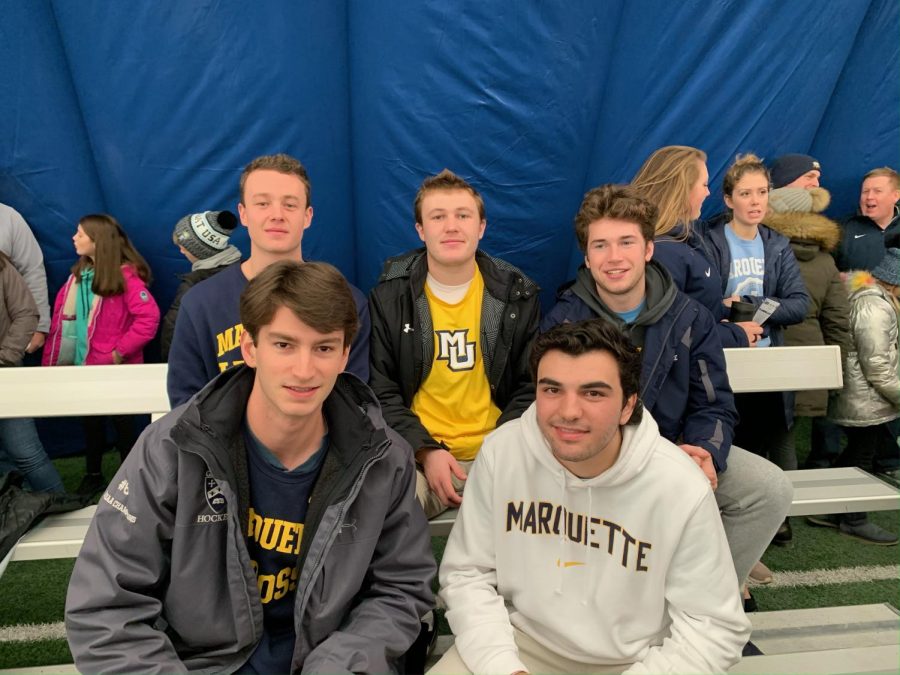

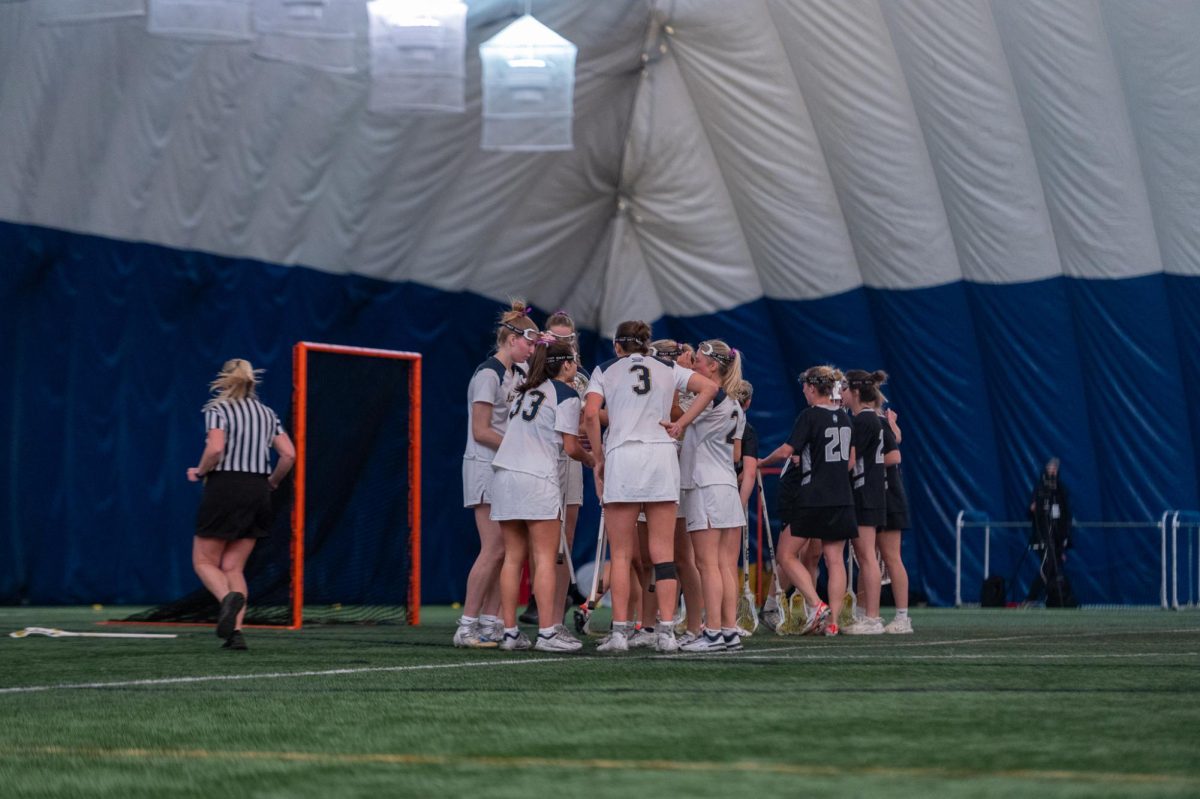
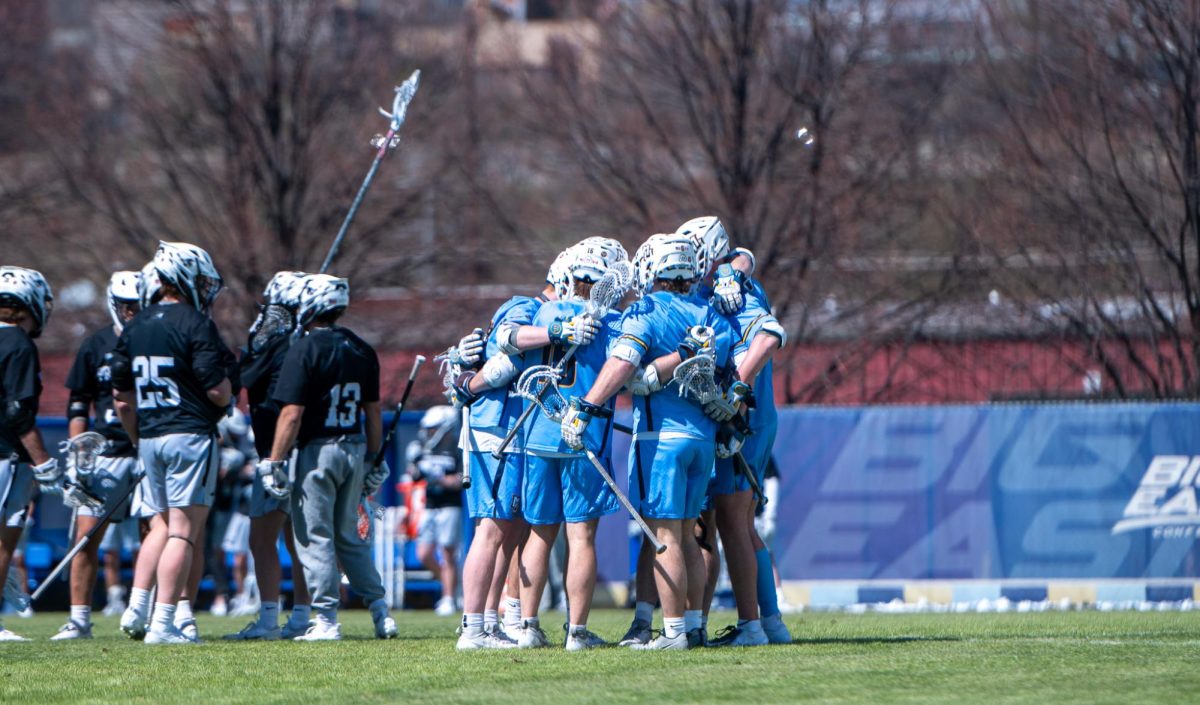
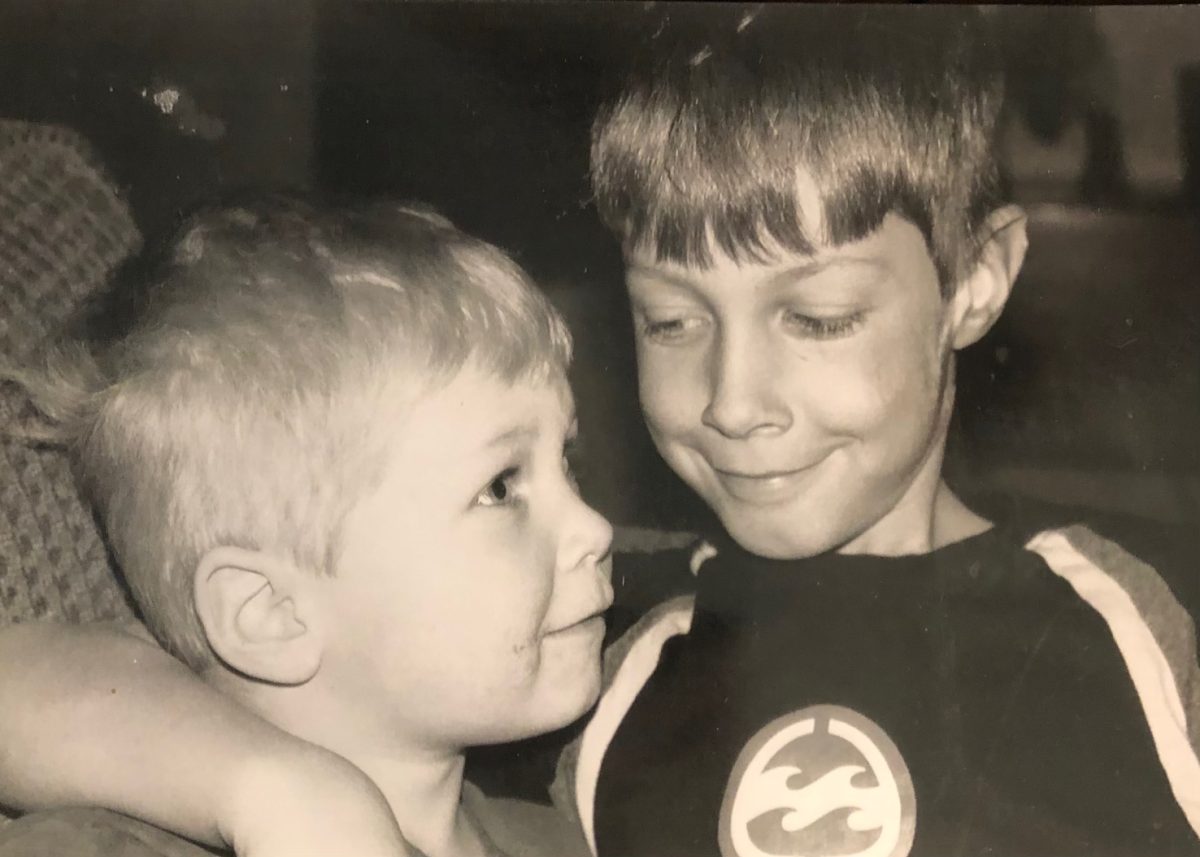
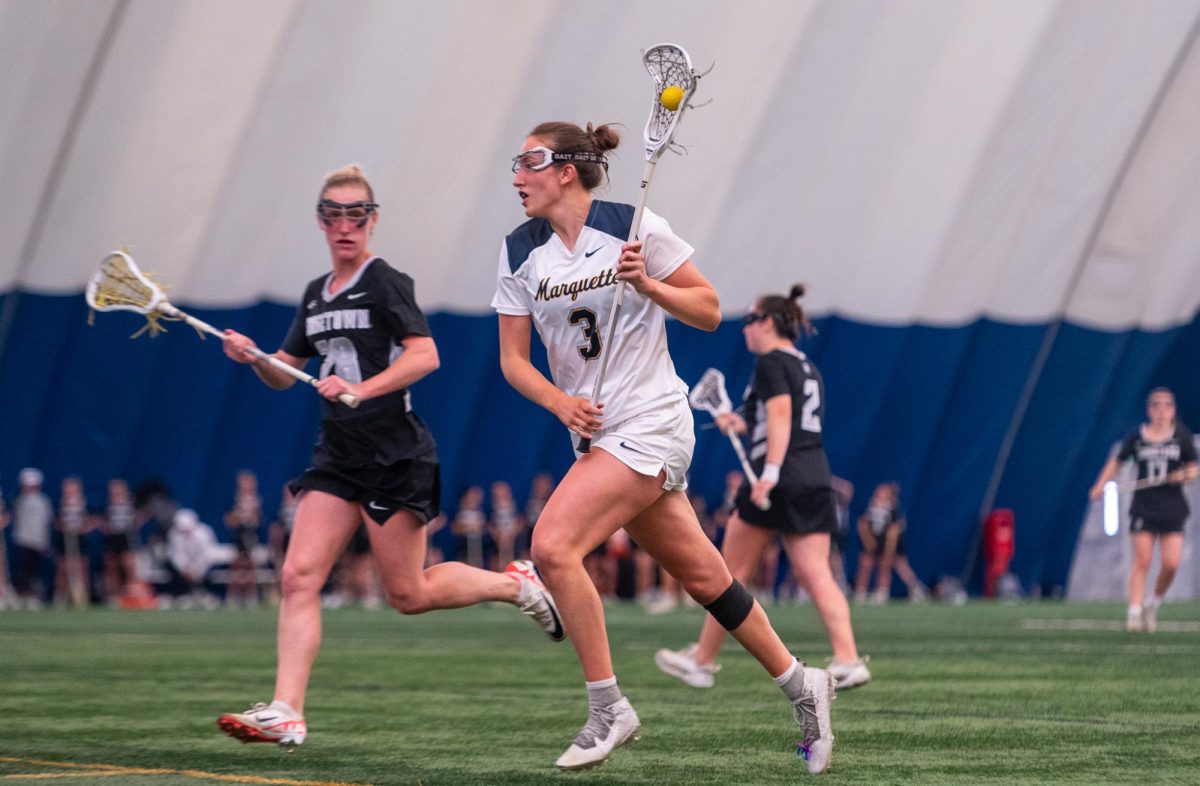
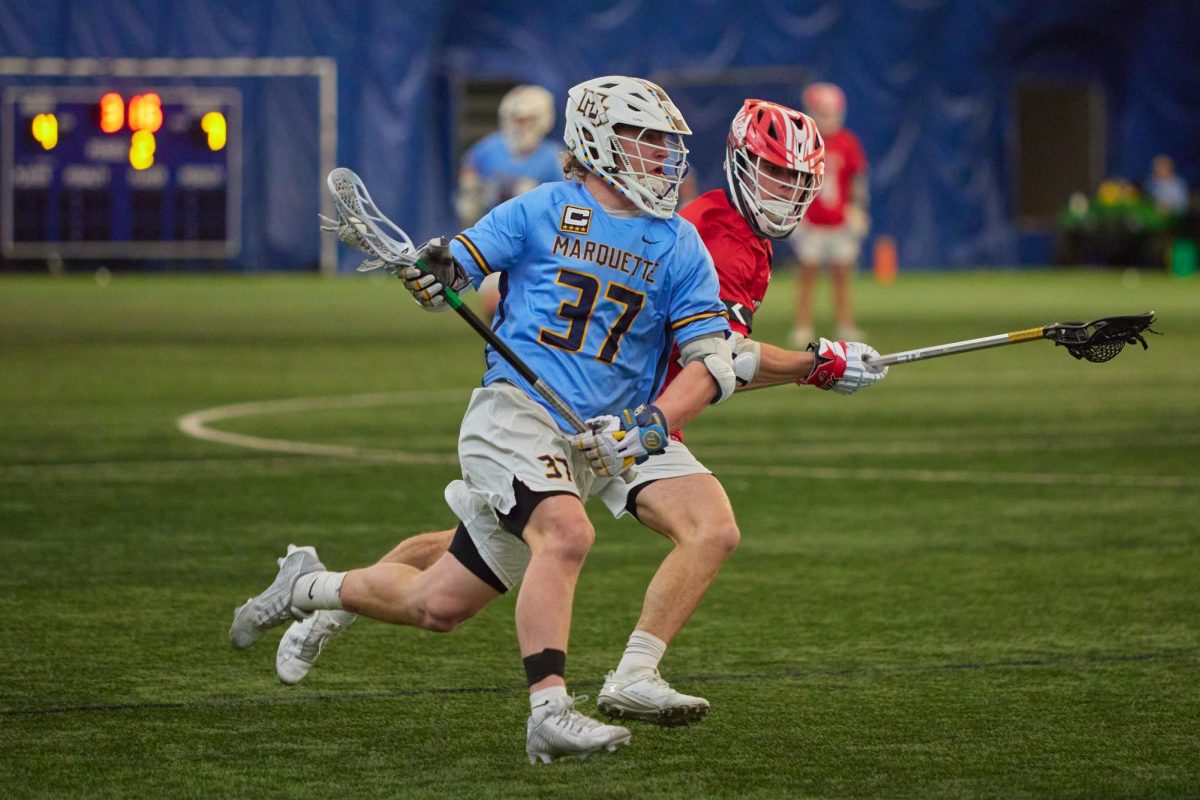
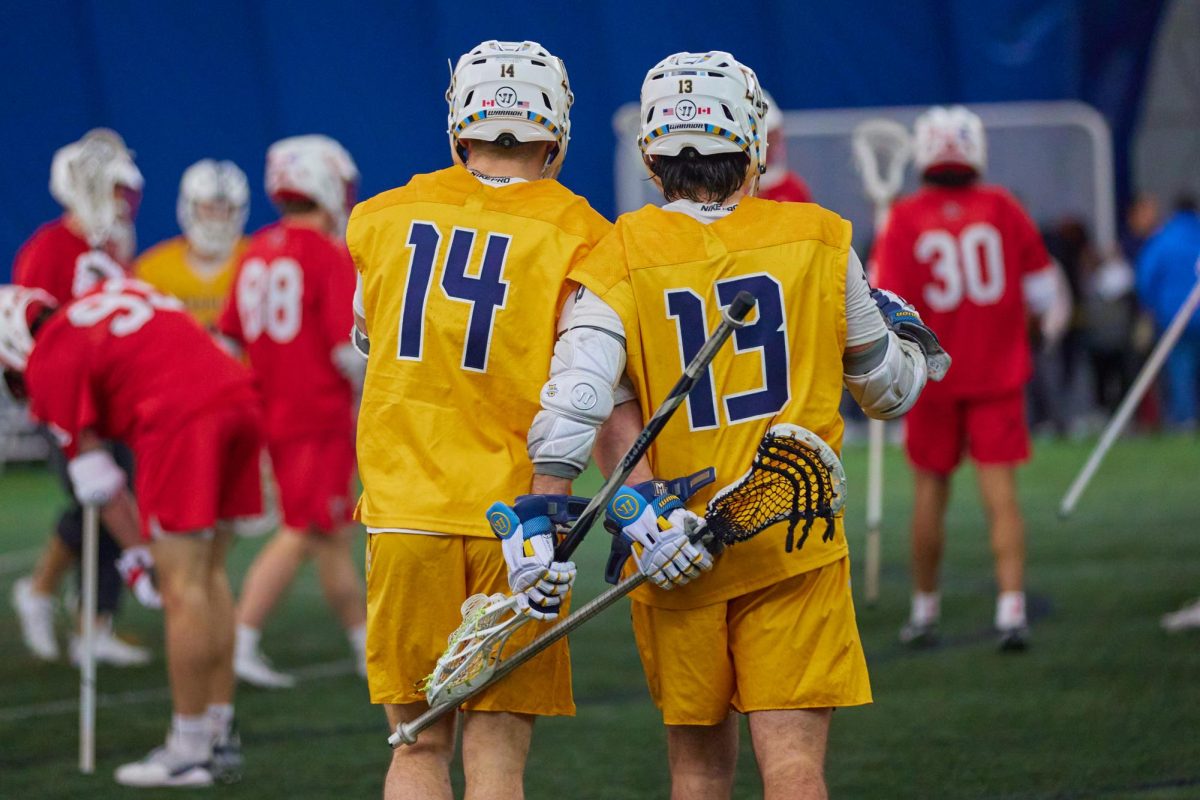
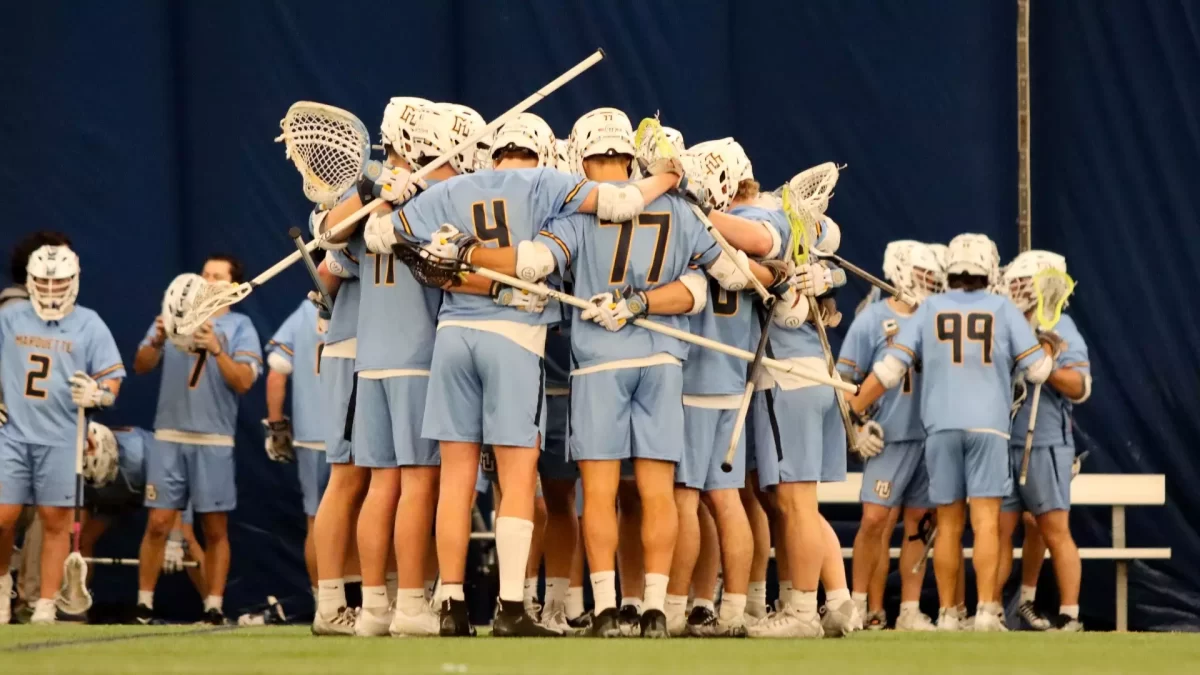

Harold A Maio • Apr 20, 2021 at 12:29 pm
—-One of SHAPE’s primary goals is to break the stigma surrounding mental health
When we are told to repeat those trained to say there is a stigma to mental health we are left with the choice to do so, to join them, or to decline to do so.
To the point, that there are people taught and teaching that prejudice is true. That we are to do so is a solely a matter of our own choosing: There is no benefit, morally or ethically, to joining them.
Harold A Maio